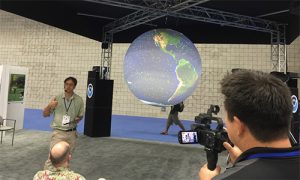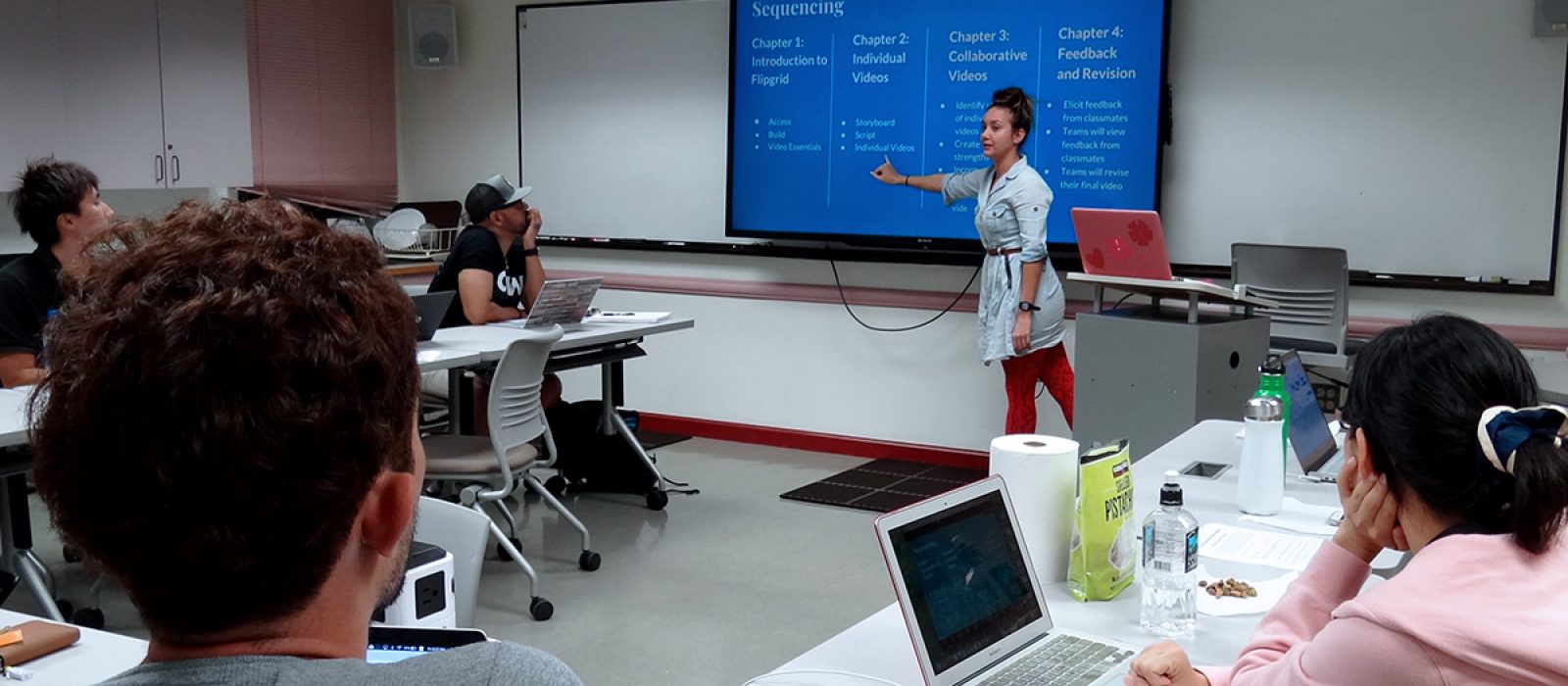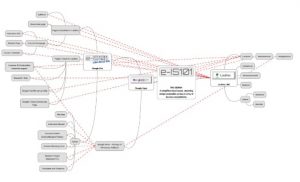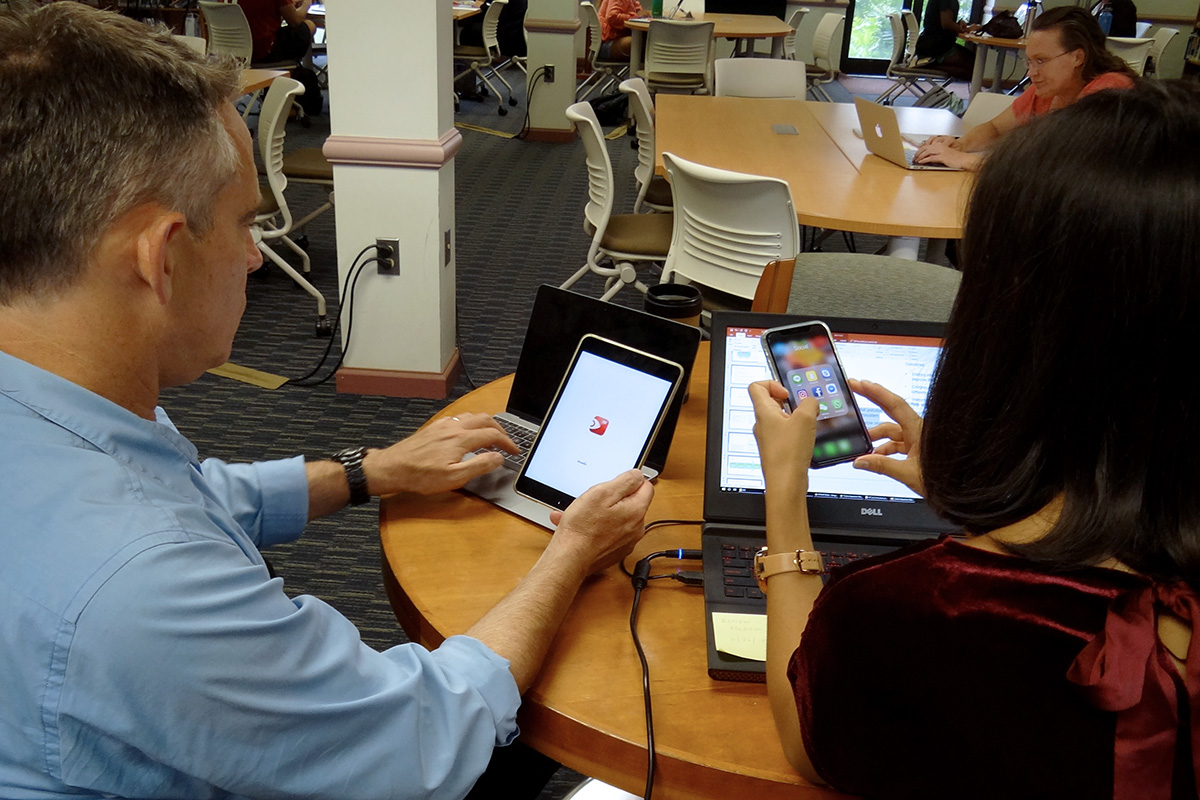Preparing Learners for the 21st Century
The design of engaging learning experiences is essential to support student success in the 21st Century. Students in the LTEC program come from many different backgrounds which makes for a fertile ground for interdisciplinary collaboration and scholarship. The coursework is relevant, modern, and allows for the customization of the learning to specific needs and areas of interest.
While instructional design has been around since the 1940s, the field has become increasingly important and relevant. In 2012, the position of instructional designer was ranked #38 in CNN Money’s Best Jobs in America. In 2016, the United States Bureau of Labor Statistics (BLS) stated there were 163,200 professionals with the title of instructional designer/coordinator. The BLS believes the field is expected to grow an additional an additional 11% from 2016-2026. For those wishing to become instructional designers, they usually need to possess a master’s degree upon entry. In 2018, for those professionals who stayed in the field, the median salary was $64,450 per year or $30.98 per hour.

Instructional Designers in Action

Leon Geschwind
View portfolio site of LTEC PhD student Leon Geschwind, Instructional Design Technologist at Lynker/CSS Team on contract with NOAA Office for Coastal Management.

Gavin Wong
View interactive game created by LTEC alumni Gavin Wong, designed to teach students how to recognize specific Japanese adjectives. Students learn vocabulary though sight, sound and touch senses.
Koran Munafo
View portfolio site of full-time LTEC PhD student Koran Munafo. Koran was the winner of the 2016 Burniske Award for Outstanding Master’s Project.




